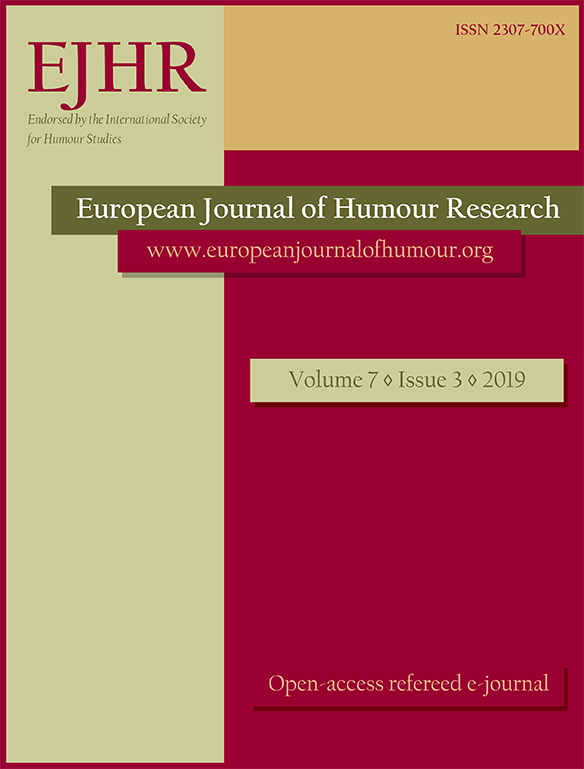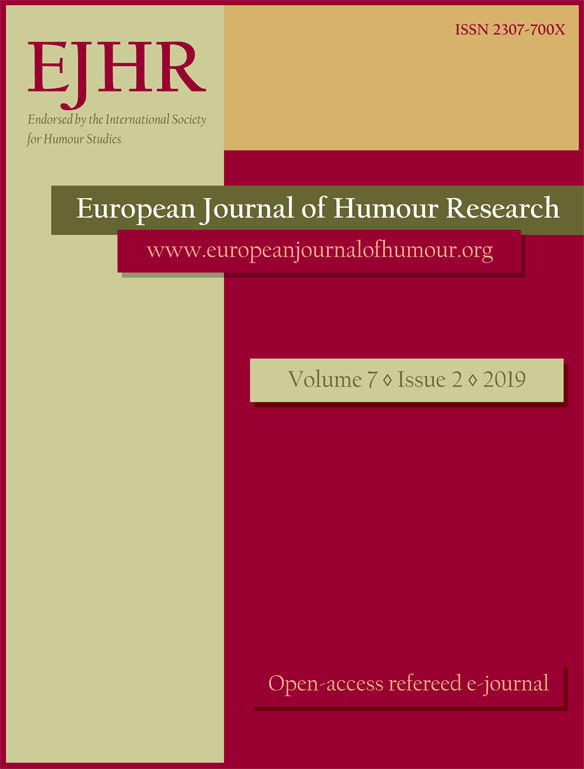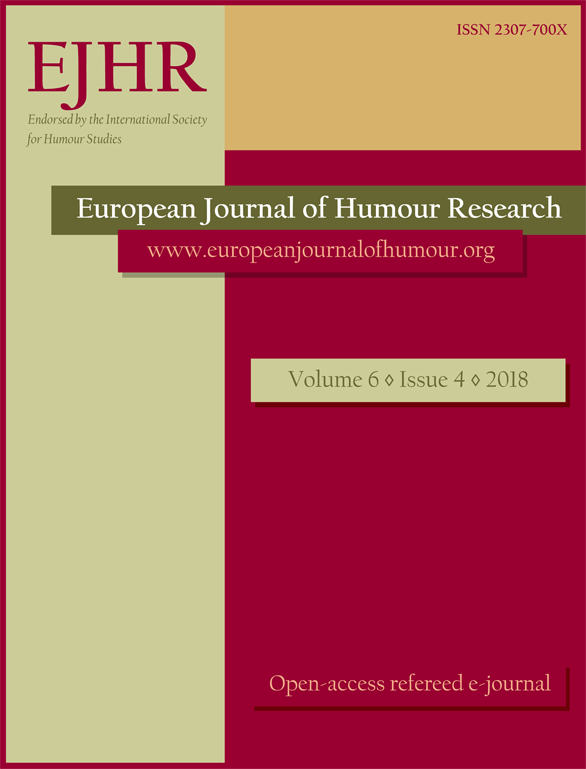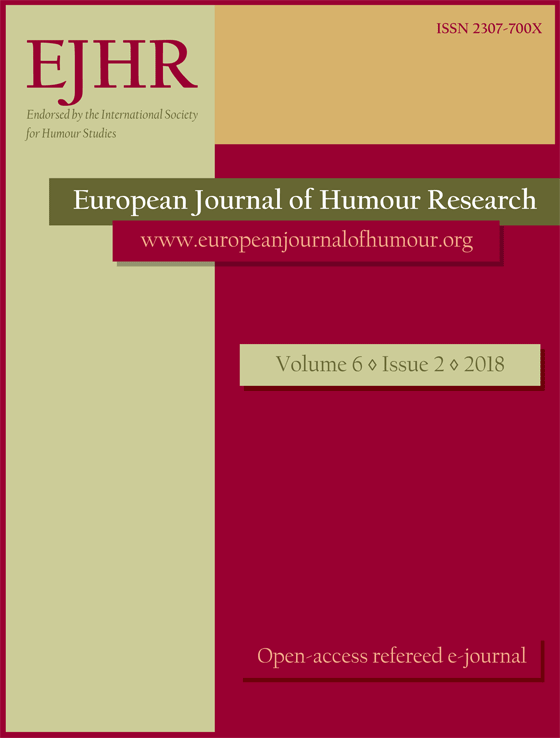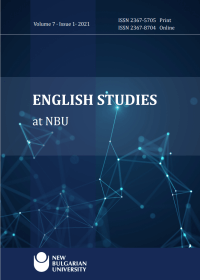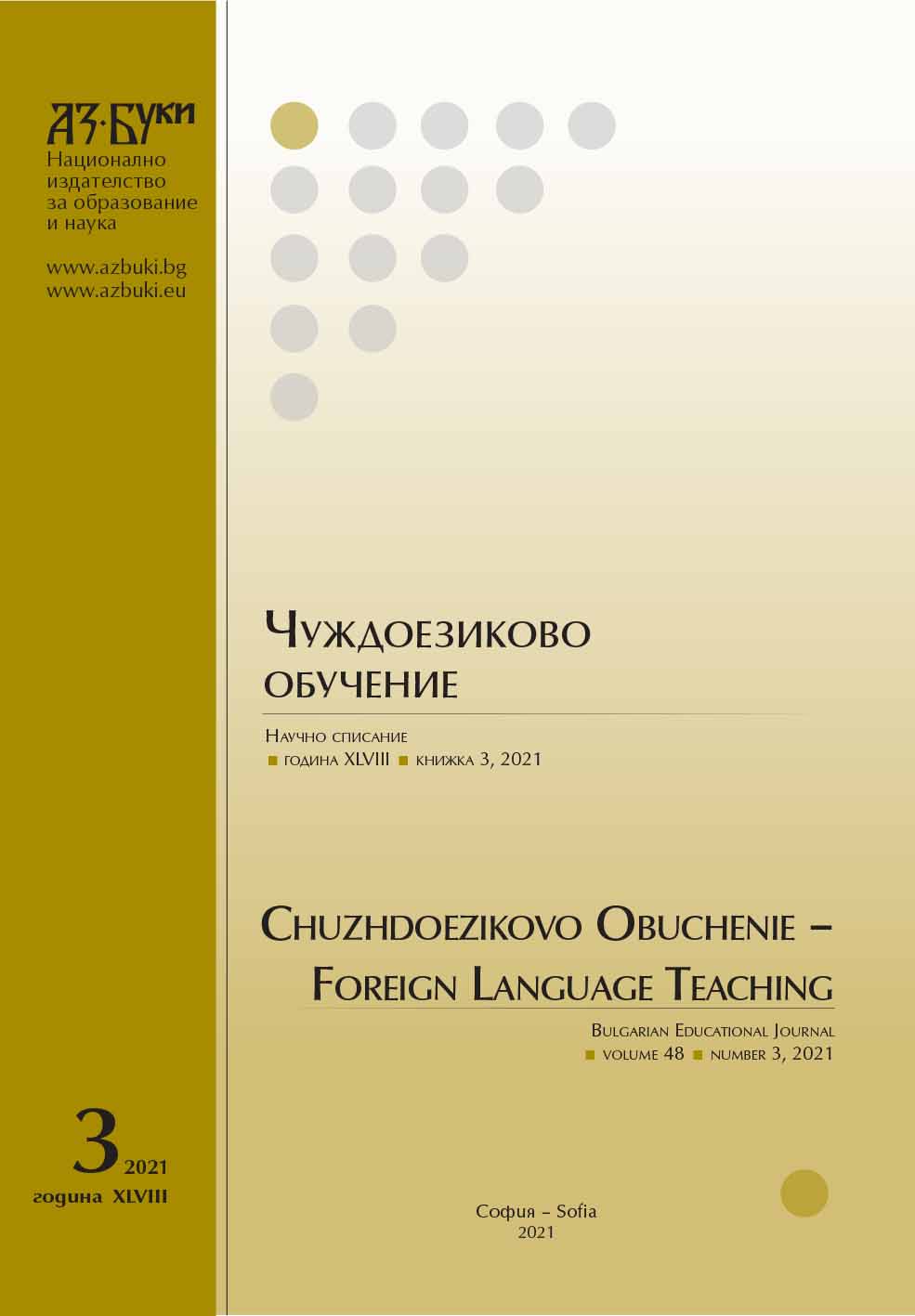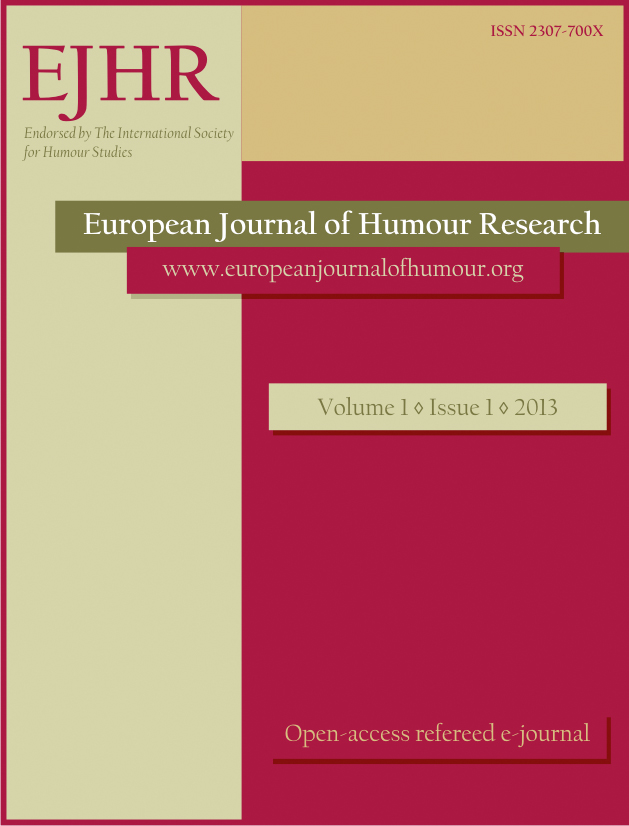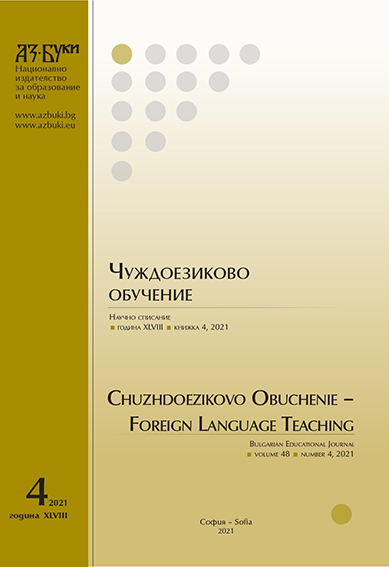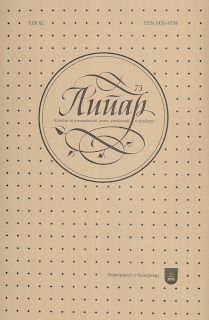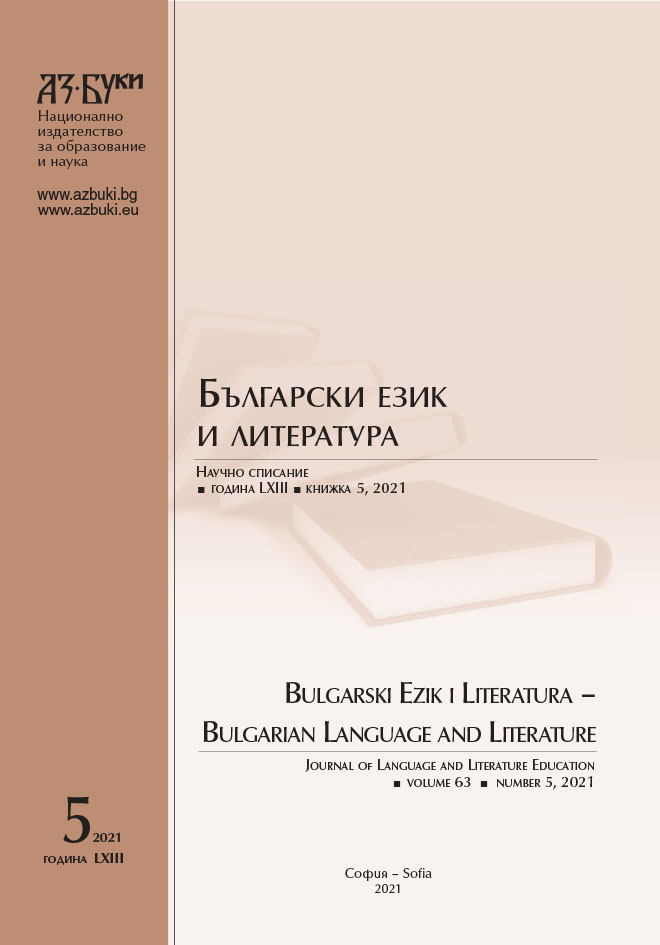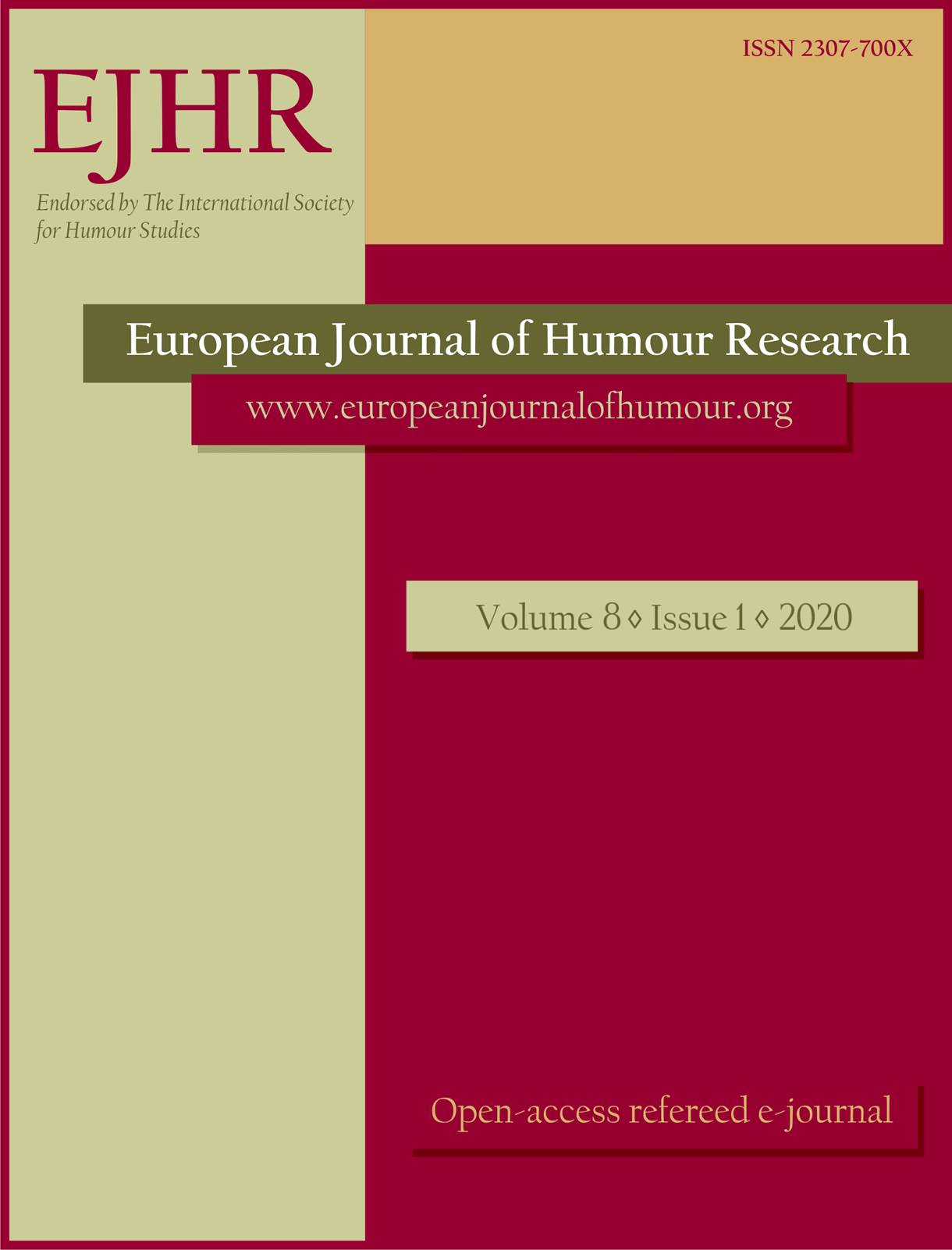
Comedy and humour:
In this essay, I aim to study comedy and humour from an ethical perspective. My main proposal is that comedy and humour can be understood alternatively in the light of ethics, and in one sense, they actually begin, more effectively, with an ethical sensibility. Effective comedy and humour initiate through an ethical sensibility called “hospitality”; ideally, they are preceded by this ethical openness. I will argue that it is this pre-original ethical hospitality and openness that can give rise to more effective moments of comedy, humour, carnival, festivity and also laughter, opening the Self to the Other in order to be able to enter into a disinterested humorous (dialogic) experience. Hospitality is of prime importance here because it turns out to be part and parcel of comedy as it also underlies the ethics of alterity. I therefore suggest that the thoughts of both Emmanuel Levinas and Mikhail Bakhtin can give rise to a fruitful study of ethics, comedy and humour. I will “reduce” socio-political complexities of our daily life-world to comic moments through Bakhtin, and then expose the reader to a Levinasian simplicity and ethical openness that actually takes place before effective comedy and humour can begin. In this essay, I mainly have literary/critical aims, and to fulfil that aim, I will briefly discuss two Shakespearean works and contextualize my thesis. The matter of studying comedy, humour and ethics in a broader cultural, social and/or philosophical context is open for other thinkers.
More...
